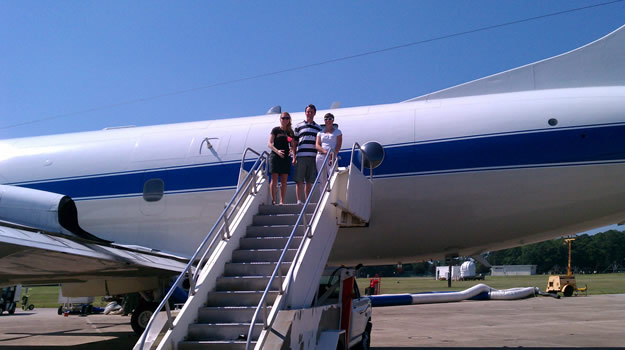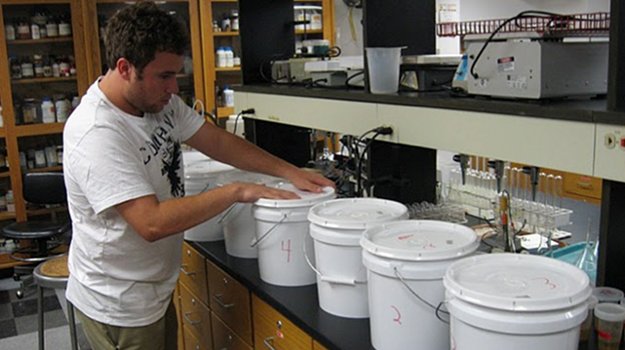
All undergraduate AOSC majors are required to complete an original capstone research project or internship. In addition to working with our faculty, a great many research and internship opportunities also exist outside the department. This page offers a partial list of possible opportunities. Students are encouraged to seek out their own opportunities and start building these relationships early in their undergraduate careers. When selecting internship opportunities, look for work that could become the focus of the student’s independent research project (AOSC 498).
Internship Opportunities
- Capital Weather Gang/Washington Post (contact the associate undergraduate director before you reach out)
- Baltimore Sun
- Accuweather
- WeatherBug
- NOAA internships
- NASA opportunities for undergraduates
- Chesapeake Climate Action Network
- D.C. TV Stations
- WUSA Channel 9 (CBS, Washington, D.C.)
- WBAL Channel 11 (NBC, Baltimore) ("internships", about halfway down)
- Most other stations have opportunities but do not have a consistent place where they advertise them
Research
Our department welcomes undergrad students interested in research and invites them to collaborate with our faculty and research groups. Regardless of how closely the research is related to their eventual careers, most student participants have found such experience to be of great value. They may help write a scientific paper, or even write one entirely on their own; they may also be given an opportunity to present such a paper at a professional conference.
Research Opportunities
Undergraduate AOSC majors may begin conducting research in their sophomore year if they have an overall minimum grade point average of 3.0 and a 3.3 average in their physical science courses. As soon as the student decides on a project and finds a faculty sponsor, the student and his/her faculty sponsor negotiate the credit to be earned and outline the work to be done.
During a student's first few semesters, he/she may do routine tasks to gain experience. By their junior or senior year, they should have the knowledge and experience to undertake more challenging projects. At this stage, during the fall and spring semesters, students can earn academic credit for research through AOSC 499. However, this is limited to no more than three credits.
On some projects, students may be paid for their work, an arrangement that may continue through the summers and winter breaks.
Research areas in AOSC are described in the research section of this website. Please look through the pages below for topics that interest you and feel free to email the relevant professor(s) directly:
- Atmospheric Chemistry
- Climate Analysis and Modeling
- Cryosphere, Glaciology & Climate
- Numerical Weather Prediction & Atmospheric Dynamics
- Remote Sensing
- Air-Sea Interactions & Physical Oceanography
- Carbon Cycle, Ecosystem & Climate



